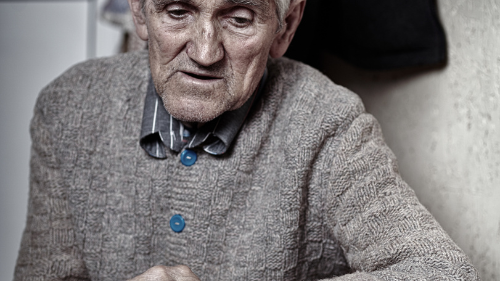Aging with Guilt Is Aging Without Peace
Many older adults carry guilt from the past—choices they didn’t make, words
they never said, mistakes they regret, children they feel they let down, dreams
they let slip away. And even though time has passed, those burdens remain,
quietly affecting how they live in the present.
Guilt, when left unaddressed, doesn’t fade—it settles in like a constant
whisper that interrupts the chance to live in peace.
Aging should be a time of harvest, of rest, of reconciliation with life. But
for many, it becomes a season of silent remorse.
Unspoken guilt turns into sadness
Many older adults don’t talk about their guilt, but they feel it. It shows
up as insomnia, irritability, isolation, a nameless sadness. They struggle to
enjoy life, feel like a burden, and tell themselves they no longer have value.
It’s not just about low self-esteem—it’s about emotional debts left unsettled.
Guilt can come from many places: not being more present in their children’s
lives, staying in an unhappy relationship, working too much, or failing to meet
their own or others’ expectations. What hurts isn’t just the past—it’s the
feeling of not having been able to make things right.
But living with guilt doesn’t repair anything—it only extends the suffering.
Self-forgiveness is also part of life’s journey
Aging peacefully doesn’t mean forgetting the past—it means giving it new meaning.
It means accepting that you did the best you could with the emotional tools you
had. That making mistakes is part of being human. And that even in later life,
it’s possible to close cycles, speak what’s been left unsaid, and begin new
chapters with awareness.
Therapy in older adulthood isn’t just helpful—it can be deeply healing.
It offers a space to be heard, to rebuild meaning, and to release emotional
burdens. No one should grow old carrying a backpack full of guilt.
You deserve to let go, to heal, and to find peace—even if things didn’t go
as you hoped.
If there’s something still weighing on you, you’re not alone.
You can still transform your relationship with yourself—and we’re here to
support you.



